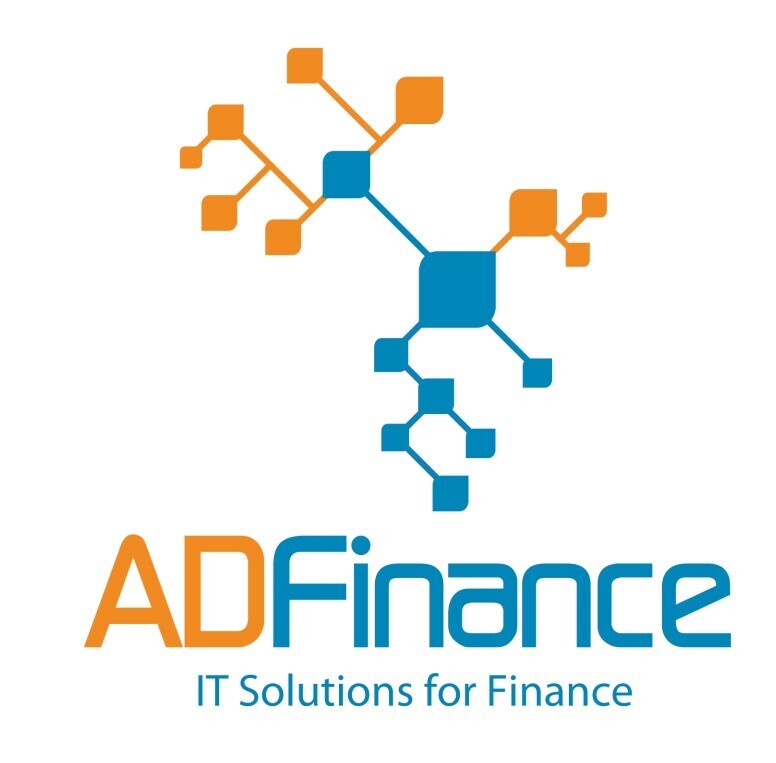Microfinance has been a transformative force in the world of financial services, extending credit to individuals and businesses who were previously excluded from traditional banking. At the heart of this evolution is the Loans Management Core Module, a versatile tool that allows microfinance institutions to configure a diverse range of loan products. In this article, we’ll explore how this module is empowering financial inclusion by enabling MFIs to offer a variety of loan products based on different criteria, from interest calculation methods to periodicity and types of fees.
The Dynamic Landscape of Microfinance
Microfinance has come a long way since its inception, evolving into a multi-faceted industry that serves a diverse clientele. While the core mission of microfinance remains financial inclusion, the specific financial needs of clients can vary greatly. This is where the Loans Management Core Module steps in.
A Myriad of Loan Products
One of the core features of the Loans Management Core Module is its ability to configure an unlimited number of loan products. These products can be tailored to meet the unique needs of clients and are often based on several criteria, including:
Interest Calculation Methods
– Flat Interests: A simple method where interest is calculated on the entire principal amount.
– Decreasing Interests: Interest is calculated on the outstanding principal balance, leading to lower interest payments over time.
– Decreasing Interests with Fixed Principal: A combination of decreasing interests with a fixed principal, providing borrowers with a predictable repayment structure.
Periodicity
The Loans Management Core Module supports various loan repayment periodicities, which can be customized to align with the cash flow and preferences of borrowers. These can include monthly, weekly, bi-weekly, annual, quarterly, or even daily repayments.
Types of Fees
Loan products can also be configured to include various types of fees, such as origination fees, late payment fees, or processing fees. The flexibility to set up different fee structures is essential for microfinance institutions to cover operational costs and maintain financial sustainability.
Fostering Inclusivity
The ability to configure diverse loan products through the Loans Management Core Module plays a crucial role in fostering inclusivity. Here’s how:
Catering to Diverse Needs
Microfinance clients come from various backgrounds and have different financial needs. For instance, a small entrepreneur may require a loan with decreasing interests to ensure affordable repayments, while a seasonal farmer might benefit from a loan with an annual repayment schedule that coincides with the harvest season. The module allows microfinance institutions to create products that cater to these distinct needs.
Adapting to Local Contexts
Microfinance operates in a global context, and loan products often need to be tailored to local economic conditions. The Loans Management Core Module can be adjusted to reflect the economic reality of the regions where microfinance institutions operate, ensuring that loan products are relevant and accessible.
Financial Sustainability
The flexibility in creating loan products also contributes to the financial sustainability of microfinance institutions. By offering products that align with client preferences and cash flows, MFIs can attract more clients and maintain healthy loan portfolios.
The Future of Microfinance
As technology continues to advance, the Loans Management Core Module is expected to become even more sophisticated. Integration with digital channels and mobile applications will provide clients with easy access to loan products. Additionally, data analytics and machine learning will play a pivotal role in risk assessment and credit scoring, enabling more efficient lending decisions.
The Loans Management Core Module in microfinance is a versatile tool that empowers financial institutions to meet the diverse needs of their clients. By configuring various loan products based on interest calculation methods, periodicity, and types of fees, microfinance institutions can foster inclusivity and financial sustainability. As microfinance continues to evolve, the module ensures that clients have access to the credit they need, tailored to their unique circumstances.



